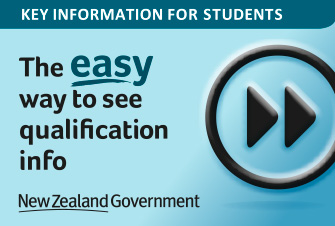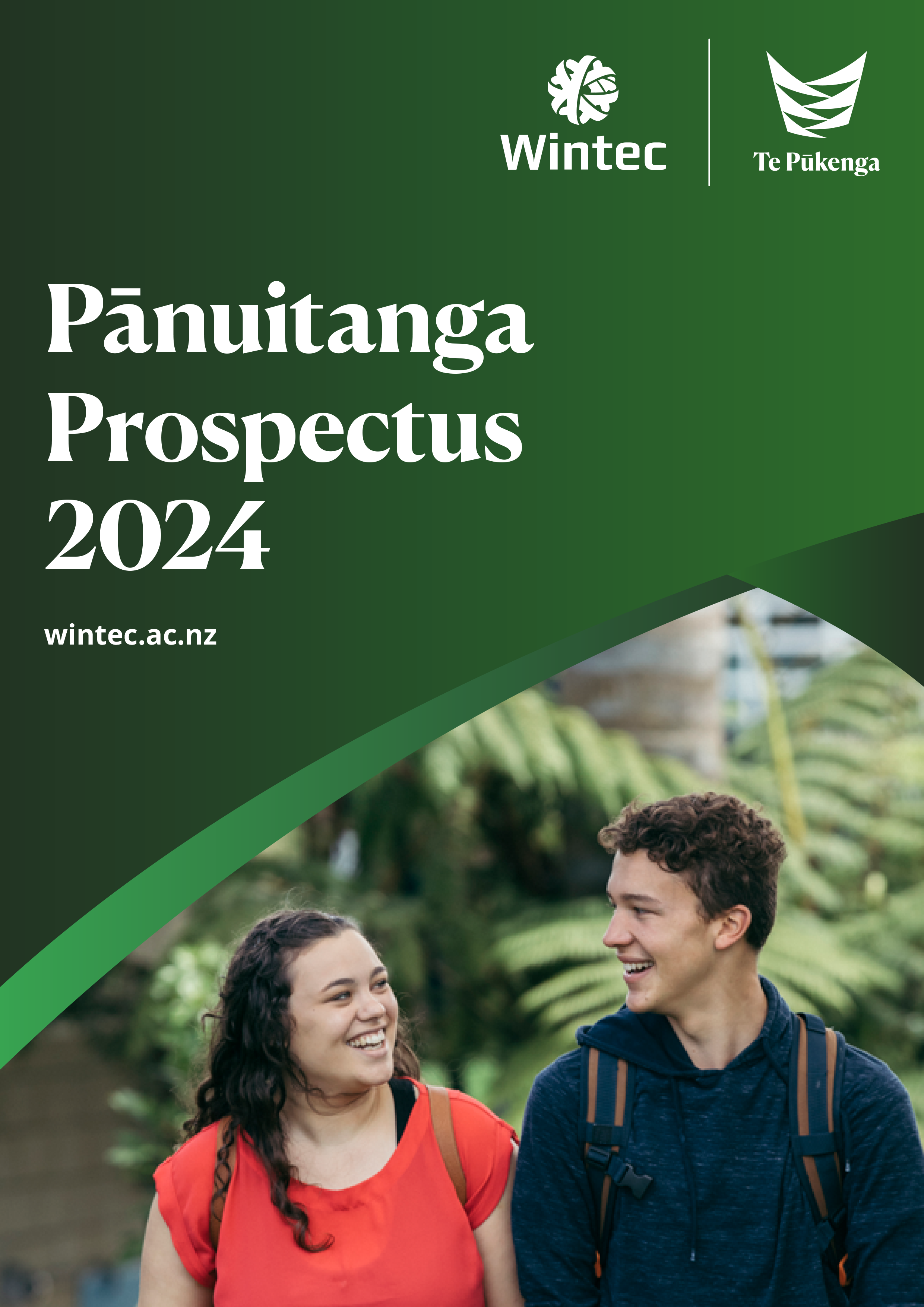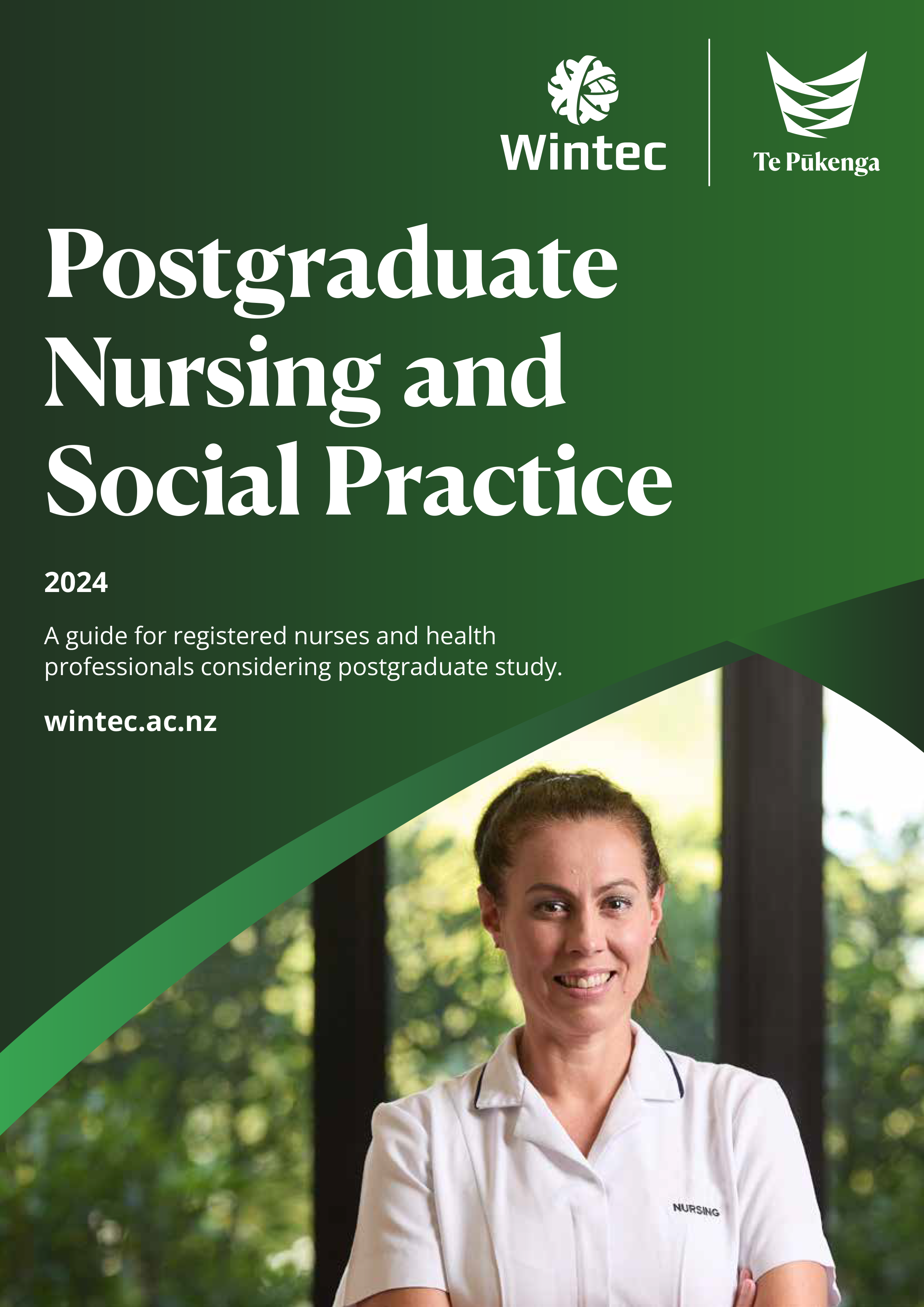Graduate Diploma of Information Technology in Education
incorporating the Graduate Certificate of Information Technology in Education
ES9901
Course details
- One year full-time or two years part-time
- Full-time or Part-time
- $7,340*
- Level 7
- Available for International Students. International Fee Guideline
- Hamilton City Campus or Online delivery
- Applications are accepted throughout the year.
- Study can be completed online.
- Face-to-face classes are held on the Hamilton City Campus.
Please note the endorsement in Applied E-Learning is not currently available. For expressions of interest, please contact us by email.
Graduate Certificate in Information Technology Education: One semester full-time, one or two years part-time.
Graduate Diploma in Information Technology Education: One year full-time, two years or longer part-time.
Summary
This programme provides practicing teachers with the skills and knowledge to integrate information communication technology into the classroom to enhance teaching and learning for students.
Students will learn through a variety of practical modules, which include a theoretical base. Module delivery is online, with some modules also available as block courses over the summer period.
What you will learn
Successful completion depends on students meeting the assessment requirements of eight modules, three of which are compulsory. In order to complete the Graduate Certificate of Information Technology in Education (Level 7), students must pass a total of four modules, two compulsories, and two optional modules.
View programme modules
Group A
| Module code | Module name | Level | Credits | Pre-requisites | Co-requisites |
|---|---|---|---|---|---|
| ESGD704, or ESDG722, or ESDG725 | I.C.T. and the Learning Process ICT and Early Childhood Education Digital Learning, Pedagogy and Practice | 7 7 7 | 15 15 15 | ||
| ESGD705 | Impact of Digital Technologies on Society | 7 | 15 | ||
| ESGD723 | Cloud Based Apps for Teaching and Learning | 7 | 15 |
Group B
| Module code | Module name | Level | Credits | Pre-requisites | Co-requisites |
|---|---|---|---|---|---|
| ESGD708 | The Internet as an Educational Resource | 7 | 15 | ||
| ESGD714 | Using Digital Storytelling in the Classroom | 7 | 15 | ||
| ESGD715 | Special Project (A) | 7 | 15 | ||
| ESGD717 | ICT Infused Inquiry | 7 | 15 | ||
| ESGD719 | Using ePortfolios in the Classroom | 7 | 15 | ||
| ESGD720 | Using mLearning in the classroom | 7 | 15 | ||
| ESGD724 | Coding Tools for the Classroom | 7 | 15 |
Group C
| Module code | Module name | Level | Credits | Pre-requisites | Co-requisites |
|---|---|---|---|---|---|
| ESGD708 | The Internet as an Educational Resource | 7 | 15 | ||
| ESGD710 | Developing Online Courses | 7 | 15 | ||
| ESGD711 | Facilitation of Online Learning | 7 | 15 | ||
| ESGD716 | Special Project (B) (Applied Learning) | 7 | 15 | ||
| ESGD719 | Using ePortfolios in the Classroom | 7 | 15 | ||
| ESGD705 | Impact of Digital Technologies on Society | 7 | 15 |
Scheduling and workload
All modules are delivered via online delivery. This means that students can study at a time that suits them and study can be scheduled around their paid employment. Digital Storytelling in the Classroom can also be delivered as face-to-face (supplemented by online delivery) during the summer period as a block course (Monday to Friday, 9am-4pm) at the Hamilton City Campus.
Career/further opportunities
Graduates may be employed as information communications technology facilitators or in specialist teaching positions in educational institutions.
Frequently asked questions
What can I expect from the class schedule and workload?
Students will be expected to log in regularly and work online for 2-4 hours each week, for each module.
How much time outside of class will I need to spend on study?
What special facilities or equipment will I be working with?
Will this programme be covered by the Government’s fees-free initiative?
What support will I get while I study?
Undergraduate, semester, pathway and module – what do these words mean?
Events
No events.
Disclaimers
Entry criteria
General academic admission
Candidates are required to have:
i) gained a professional teaching qualification suitable for registration as a teacher; or
ii) gained a professional teaching qualification suitable for teaching in a tertiary institution.
Special admission
Domestic applicants aged 20 years or above who have not met the General Admission or entry requirements for a programme but whose skills, education or work experience indicate that they have a reasonable chance of success may be eligible for Special Admission. Special admission will be granted at the discretion of the relevant Head of School/Centre Director or designated nominee. Such applicants may be required to successfully complete a foundation, bridging or tertiary introductory programme as a condition of entry into higher level programmes.
Provisional entry
Domestic applicants aged under 20 years who have not met the general academic admission and entry criteria for a programme but who can demonstrate a reasonable chance of success through other educational attainment and/or work or life experience may be
eligible for provisional entry at the discretion of the relevant Head of School/Centre Director or designated nominee. Provisional entry places restrictions on re-enrolment to be lifted if the applicant’s performance is deemed satisfactory by
the relevant Head of School/Centre Director or designated nominee.
Selection criteria
a) Candidates are required to be working as educators in some capacity or have access to an environment in which they can practice their skills as educators.
b) Consideration will also be given to candidates who have no professional teaching qualification,
but who have evidence of satisfactory achievement of tertiary studies and experience of teaching Information and Communication Technology in an educational setting.
c) Candidates are required to indicate if they have been convicted of a criminal
offence. Candidates should be aware that some criminal convictions may limit their ability to secure placements and to complete the programme requirements and/or gain employment in the education field. Candidates are encouraged to discuss the implications
of criminal convictions with the Programme Leader and the relevant registration body prior to commencement of study.
English language requirements
Candidates who have English as a second language are required to have an International English Language Test System (IELTS) score of 6.0, with no individual band score lower than 5.5; or equivalent.
Pathways
To check what you need to gain entry to a course, review the entry criteria available on each programme page. These assist you in understanding what qualifications or experience are typically required to gain entry. You can contact our team at info@wintec.ac.nz or 0800 2 Wintec at any time for further guidance.
Your first day
Are you ready for your first day of class? Check out your start date and where you need to be. You can also find useful information about studying at Wintec on our welcome page.
Students starting Semester 2 2023
| Module code | Module name | First day | Time | Venue |
| ESGD722 | ICT and Early Childhood Education | Monday 17 July 2023 | Not applicable | Online |
| ESGD705 | Impact of ICT on Society | Monday 17 July 2023 | Not applicable | Online |
| ESGD714 | Using Digital Storytelling in the Classroom | Monday 17 July 2023 | Not applicable | Online |
| ESGD720 | Using MyLearning in the classroom | Monday 17 July 2023 | Not applicable | Online |
| ESGD724 | Coding Tools for the classroom | Monday 17 July 2023 | Not applicable | Online |
Online modules
Access Moodle here and follow the instructions to log in.
The module tutor will contact students before the start of the module, usually the week prior, to ensure students are enrolled correctly and have all the information needed to access Moodle. Students are often contacted via their Wintec student email. If you have any problems with accessing Moodle, please contact the Student Helpdesk on 0800 587 500 or by email.
Prospectus (course guide)
The Wintec Prospectus (otherwise known as a course guide) outlines everything you need to know about Wintec. It contains information about the Wintec campuses, student life, and the programmes that are on offer.
Access your copy of the Wintec Prospectus
The Wintec Prospectus (course guide) is available by downloading the file - click on the document below to access the file. Alternatively, to request a copy via email or the post, please complete the form below.
Request an emailable or printed copy of the Prospectus
Portfolio
Need help? Want to know how to get started?
Leave your details here and we will come back to you:





